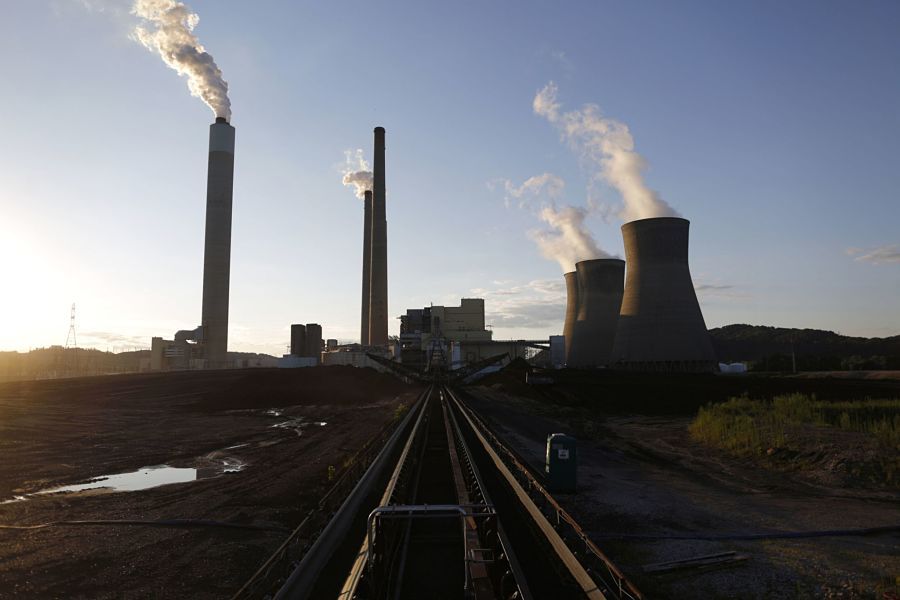A commitment to phase out coal power by 2030 is being considered by the Group of Seven (G7) economic powers this week, according to a draft meeting communique seen by Reuters.
Climate and energy ministers from the US, Japan, Germany, UK, Canada, France and Italy began three days of meetings on Wednesday at the G7 summit in Berlin.
The commitment on coal would build on progress made at the last G7 summit in the UK in June 2021 where leaders agreed to end new direct government support for unabated coal power by the end of last year. Meeting in Cornwall, the G7 also agreed to speed up the move away from unabated coal power in order to meet 2030 climate targets and net-zero commitments.
See also:- Carbon and coal at COP27
It was reported ministers meeting in Germany are attempting to ensure short-term energy security measures do not undermine longer-term climate change measures.
Some countries are opting to burn more coal to avoid reliance on Russian gas since the country invaded Ukraine in February.
The German government, which formed late last year, already announced national plans to phase out coal by 2030 – eight years earlier than planned.
Climate alignment
The G7 also heard from a group of industry lobbies that global leaders ought to form a “climate club” with aligned climate ambitions, according to a separate report from Reuters.
The publication had seen a copy of a joint statement from the Business 7 group, presented to members of the G7, urging cooperation on areas such as green tariffs, carbon pricing and markets for decarbonized products.
Specifics
Aegon Asset Management’s Global Sustainable Equity Fund co-manager, Claire Marwick, said the world needs energy and climate ministers meeting at the G7 to get into the details.
“At a supranational level, governments have largely completed the work of agreeing in principle, and of setting targets, such as those laid out in 2015 in the Paris Agreement. What we need now is the hard work and the detail of how we will make the energy transition,” she said.
“Which technologies will we use – heat pumps, hydrogen, electric vehicles – how will they be deployed, and how will we finance it? We now need the detail – and the more specific, and practical, the better. This is not an easy task at all.”





